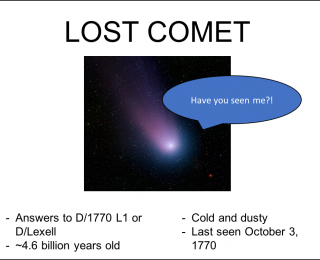
Has Anyone Found a Lost Comet?!
Comet D/Lexell has been lost to memory since its discovery in 1770. Can modern astronomical methods track it down?

Comet D/Lexell has been lost to memory since its discovery in 1770. Can modern astronomical methods track it down?
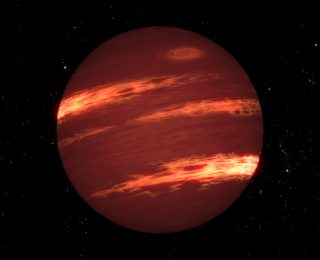
In or out? Today’s paper explores whether or not an unusual object belongs to the AB Doradus moving group—and what it means if it does.
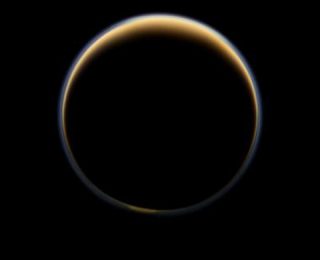
Cool, hazy exoplanets might look a lot like Saturn’s moon Titan. Today’s post explores the possible atmospheres of exo-Titans around a variety of host stars.
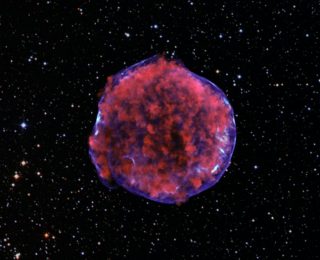
Supernova remnant magnetic fields may play a key role in accelerating electrons to relativistic velocities. West et al. investigate the magnetic field conditions inside young supernova remnants and discover that they may not be as well-behaved as they appear.
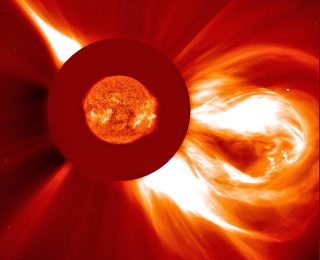
Coronal mass ejections strip away planetary atmospheres and cause raging geomagnetic storms on Earth. In today’s paper, the authors test a tool that could one day be used to predict the occurrence of coronal mass ejection impacts and the severity of geomagnetic storms.